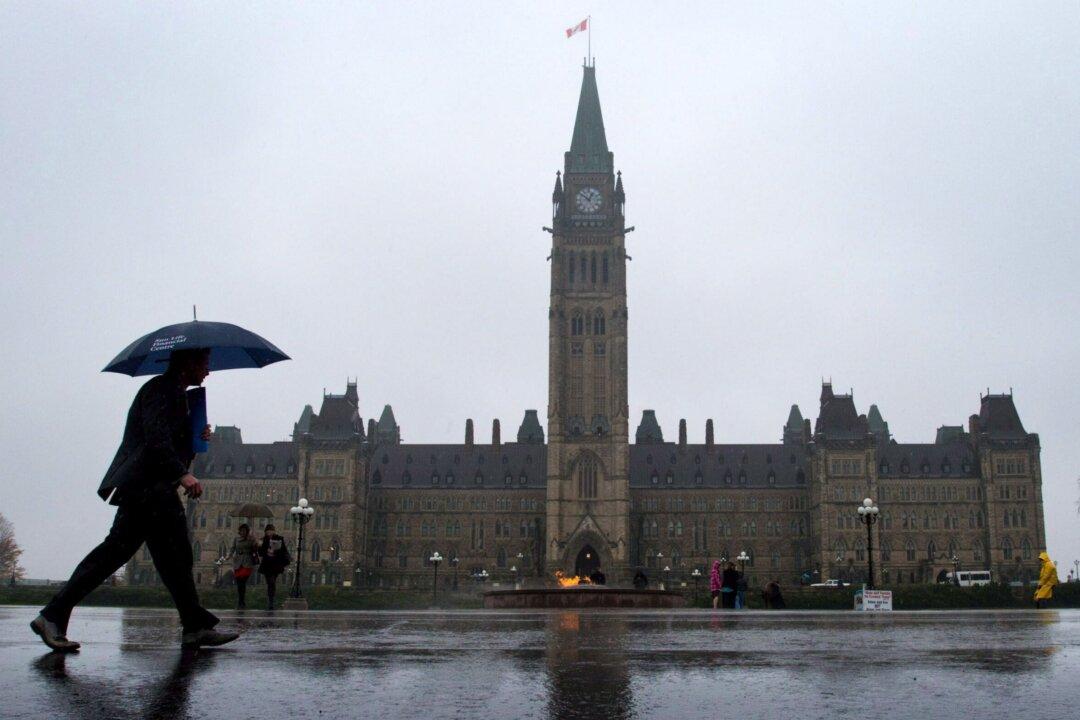If the Liberals’ election platform is anything to go by, several pieces of controversial legislation that died when the election was called will be reintroduced when Parliament resumes.
The platform promised to, “within the first 100 days, reintroduce legislation to reform the Broadcasting Act to ensure foreign web giants contribute to the creation and promotion of Canadian stories and music.” This was attempted in the last Parliament through Bill C-10. The legislation initially exempted user-generated online content, but that clause was later removed. Opposition MPs and Trudeau-appointed Sen. David Richards feared the legislation could unduly curtail free speech.





